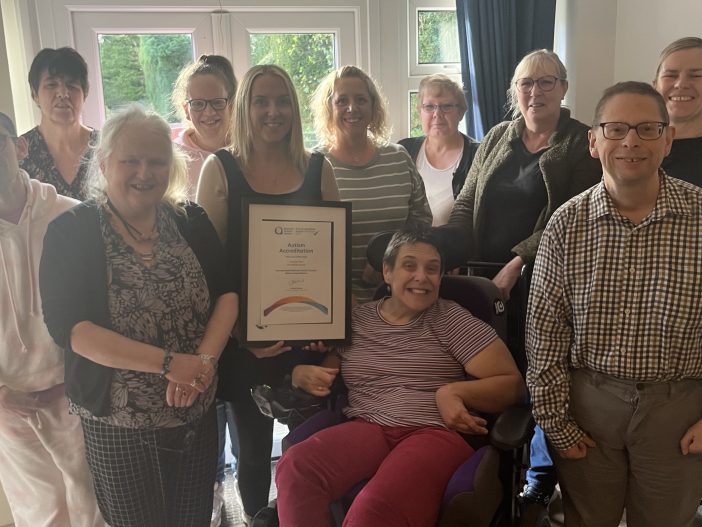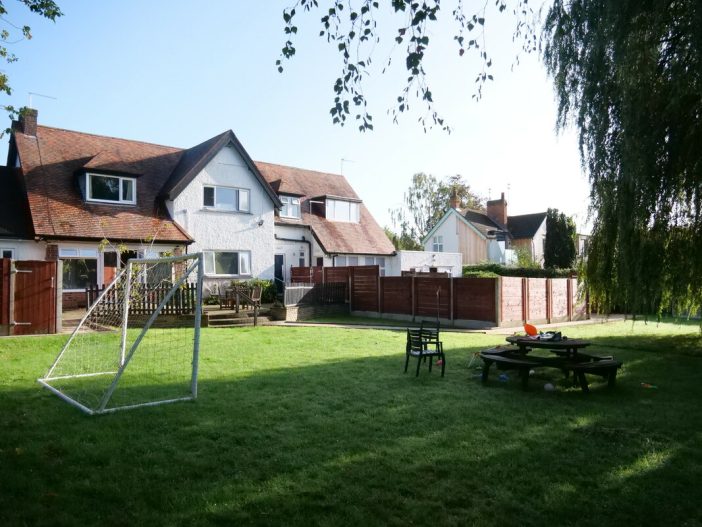Talking about autism
The language we use to talk about autistic people is important because it shapes and changes attitudes. What words do people prefer to use to describe people with autistic spectrum conditions? ‘Autistic’, ‘with autism’, ‘has autism’?
The National Autistic Society (NAS) recently published some research to look at the preferences of autistic people, their families, friends and professionals around the language used to describe ASC.
Survey responses from 3,470 people were analysed, including 502 autistic people, 2,207 parents of children and adults on the autism spectrum, 1,109 professionals, and 380 extended family members and friends.
The research found that all groups like the terms ‘on the autism spectrum’ and ‘Asperger syndrome’. Autistic adults like the identity-first terms ‘autistic’ and ‘Aspie’, whereas families didn’t like ‘Aspie’. Professionals also like the term ‘autism spectrum disorder (ASD)’.
Some terms were strongly disliked or no longer used, particularly ‘low functioning’, ‘Kanner’s autism’ and ‘classic autism’.
To reflect the findings of this research, the NAS has begun to gradually increase the use of the term ‘autistic’ – particularly when talking about and to adults in that group. They also use ‘on the autism spectrum’ as the default way of describing people on the autism spectrum.
- Read the abstract or full research paper ‘Which terms should be used to describe autism? Perspectives from the UK autism community’ in Autism: The International Journal of Research and Practice.
- Listen to a podcast of NAS Director of the Centre for Autism Carol Povey and Researcher Lorcan Kenny explaining the research.

 Information
Information 

